News
-
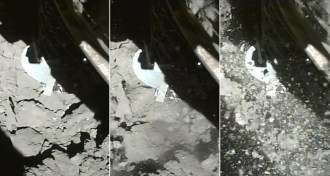 Planetary Science
Planetary ScienceHayabusa2 may have just snagged bits of asteroid Ryugu’s insides
In its second sampling attempt, Hayabusa2 became the first spacecraft to try to pick up some of an asteroid’s guts.
-
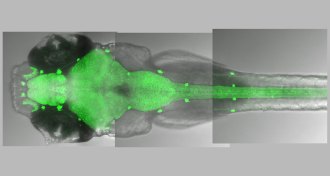 Neuroscience
NeuroscienceBoth fish and humans have REM-like sleep
Sleeping zebrafish have brain and body activity similar to snoozing mammals, suggesting that sleep evolved at least 450 million years ago.
-
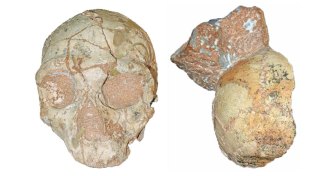 Anthropology
AnthropologyA Greek skull may belong to the oldest human found outside of Africa
Humans possibly reached southeastern Europe by 210,000 years ago.
By Bruce Bower -
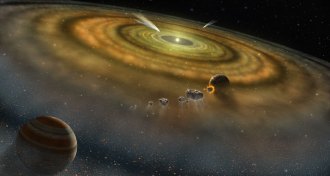 Astronomy
AstronomyMoons that escape their planets could become ‘ploonets’
If giant planets in other star systems lose their moons, the freed objects could become “ploonets,” and current telescopes may be able to find them.
-
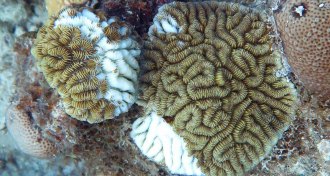 Oceans
OceansA mysterious coral disease is ravaging Caribbean reefs
Scientists are racing to learn what’s behind a disease that’s “annihilating” whole coral species in hopes of stopping it.
-
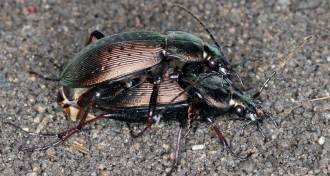 Animals
AnimalsGround beetle genitals have the genetic ability to get strange. They don’t
A new look at the genetics of sex organs finds underpinnings of conflicts over genital size.
By Susan Milius -
 Health & Medicine
Health & MedicineBreaking down the science behind some of your favorite summer activities
Inject some science into your summer.
-
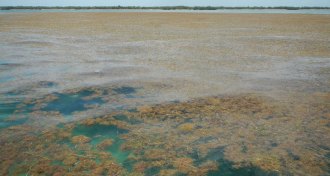 Oceans
OceansThe largest seaweed bloom ever detected spanned the Atlantic in 2018
Nutrient-rich water from the Amazon River may be helping massive seaweed mats to flourish each summer in the Atlantic Ocean.
-
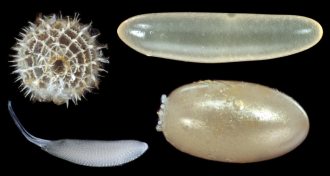 Ecosystems
EcosystemsWhy some insect eggs are spherical while others look like hot dogs
Analyzing a new database of insect eggs’ sizes and shapes suggests that where eggs are laid helps explain some of their diversity of forms.
By Yao-Hua Law -
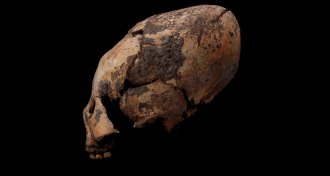 Anthropology
AnthropologyEast Asians may have been reshaping their skulls 12,000 years ago
An ancient skull-molding practice had a long history in northeastern Asia, researchers say.
By Bruce Bower -
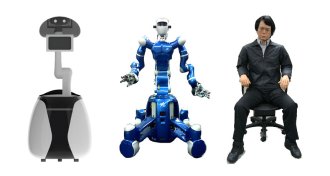 Neuroscience
NeuroscienceThis brain region may be why some robots send chills down your spine
Scientists may have traced the source of the “uncanny valley” sensation in the brain.
-
 Health & Medicine
Health & MedicineCalifornia’s new vaccine rules kept more kindergartners up-to-date
Three statewide interventions improved the rates of kindergartners behind on required vaccinations in California, researchers report.